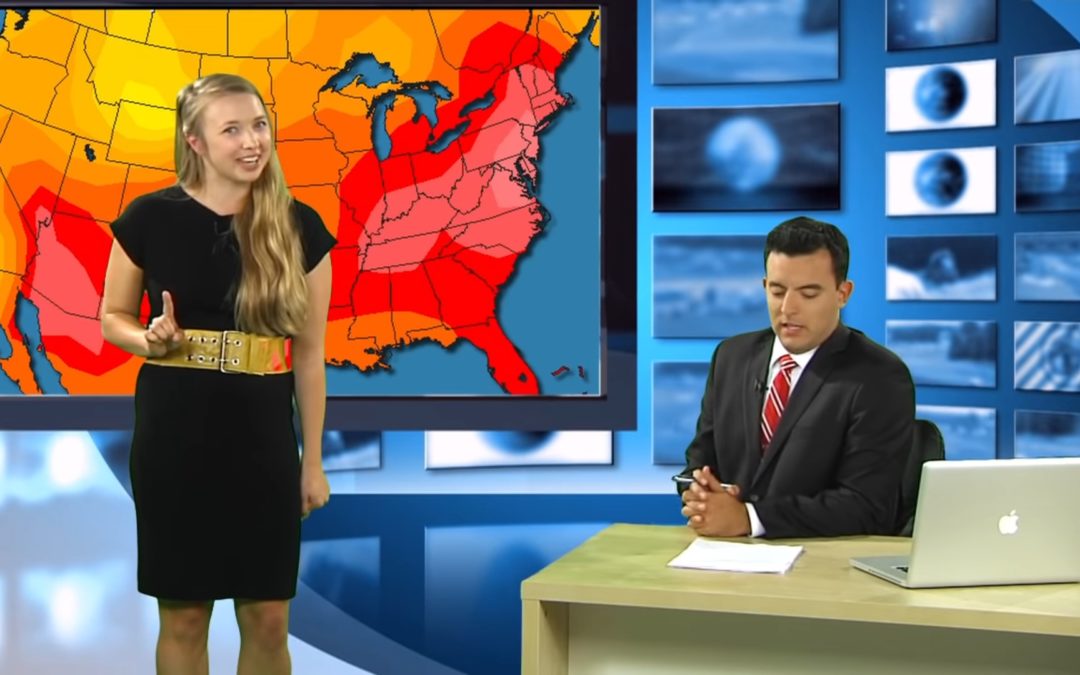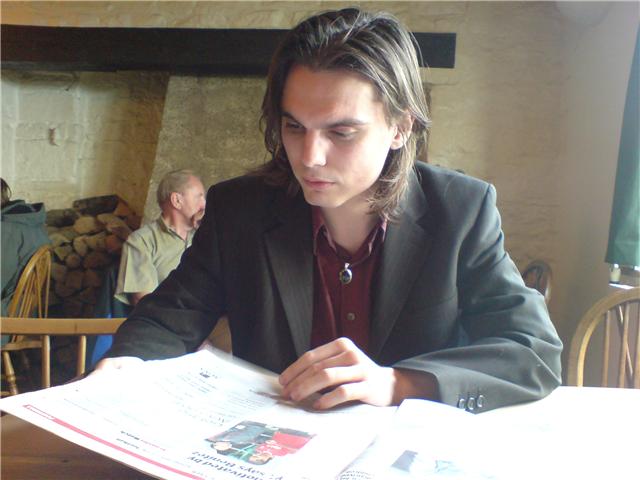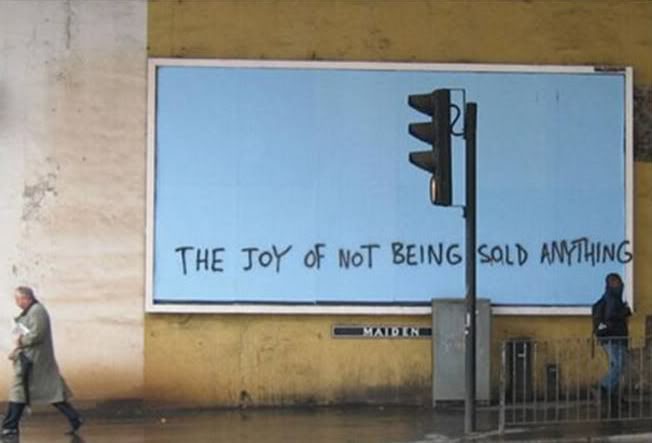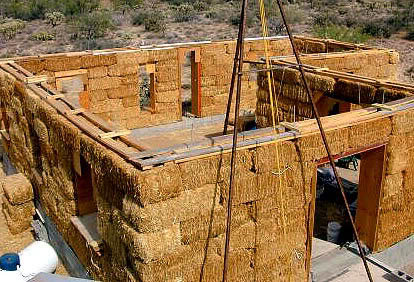


Dark Optimism interview
"What ties everything together and makes meaning are our cultural stories. For the book I talked to hundreds of people and found that the dominant narratives of our future fell into three categories: business as usual (nothing really changes), doom of one kind of another (our time is up) and the myth of progress (we are the most advanced society ever known and our manifest destiny leads to some perfect Star Trek future).
"It's easy to see why people are most drawn to this last story, Technotopia. The problem is the reality doesn't bear it out. This Most Advanced Culture Ever has higher levels of depression and inequality than ever and is destroying the ecological systems that support everything that is alive on the planet, so it's hard to justify the idea we are moving towards a better future.
"So we thought what we needed was another positive narrative about the future which is just as embedded as the other stories in our everyday culture, but one that reflects scientific evidence and the reality of what is happening in our world. A Transition vision. That's what the book is about."
Much of Shaun's own story is set within this fourth narrative. As well as co-founding Transition Town Kingston (TTK), he has contributed chapters to several books, served as an advisor to the Department of Energy and Climate Change, co-authored the latest report from the All Party Parliamentary Group on Peak Oil and Gas, and helped both edit Mark Boyle's upcoming The Moneyless Manifesto and bring David Fleming's encyclopedic Lean Logic into print.
Fleming also invented a system known as Tradable Energy Quotas (TEQs), a rationing scheme that works to ensure energy for all in times of scarcity. Subtle and clever in its design, Shaun explained, but easy to use (much like an Oyster card).

97% Owned – Director’s Cut
Off the back of my recent post on Transition Money, this excellent new short film, 97% Owned, explains the privatised, debt-based money system we currently use. The one that allows UK banks to simply create around £200,000,000,000 (£200bn) a year and use it as they...
Transition Money
Last month I was one of forty or so attendees of the Transition ‘Peak Money’ day. It was a fascinating collection of people, from theorists to activists, and a potent opportunity to reflect on the challenges facing us all as the glaring errors at the heart...

Recent Comments